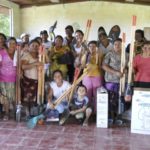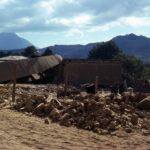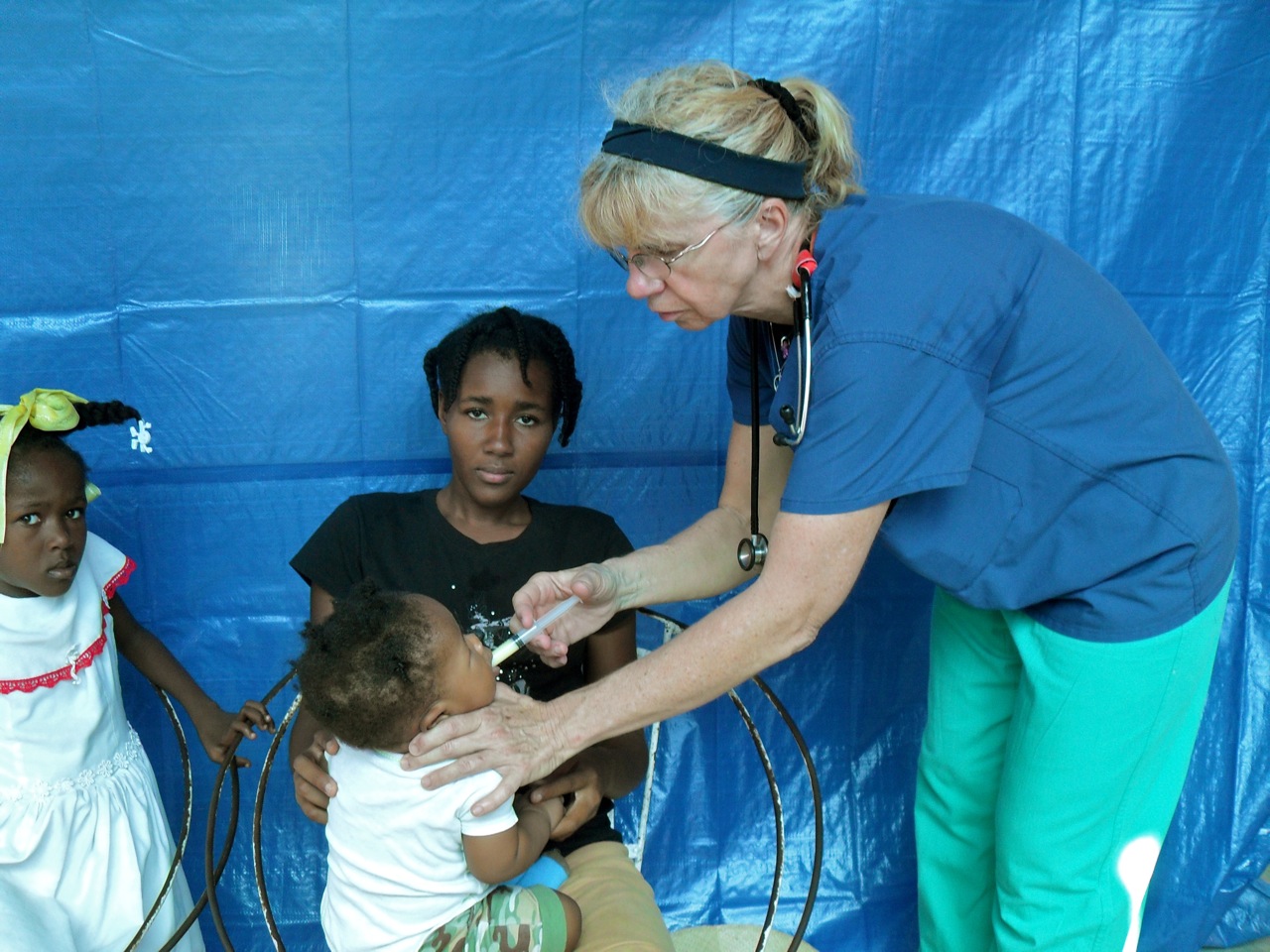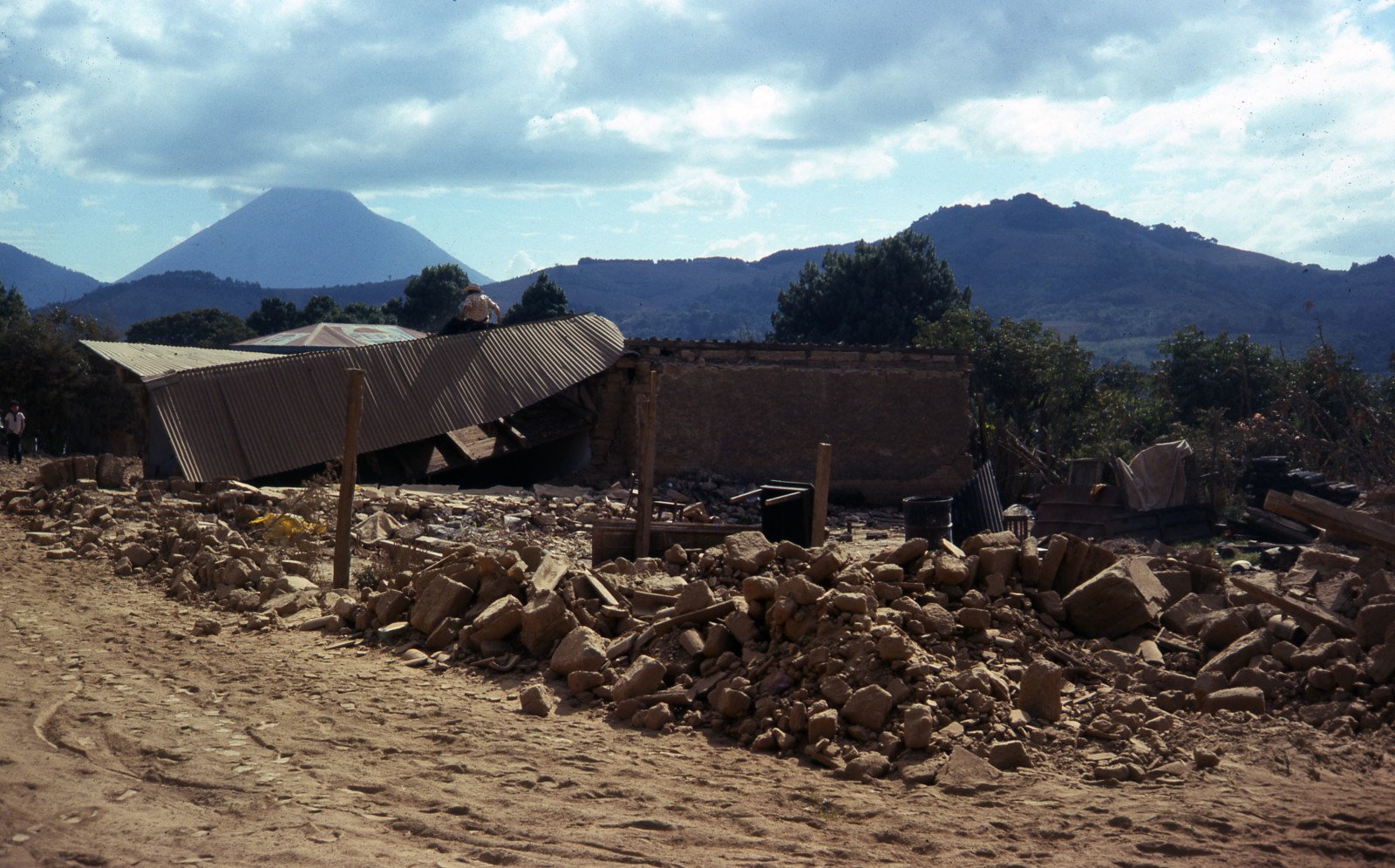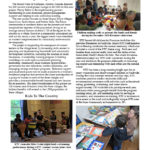- Mayan staff of ADIBE Soyaria in Guatemala.
- Soy foods cooking workshop, Guatemala.
- Agriculture project in El Salvador.
- Kids at Karen’s Soy Nutrition Project in Guatemala City with their enriched cookies and soymilk.
Throughout all Plenty’s activities, we support the efforts of economically marginalized communities to provide for their own basic needs, promote local culture, and protect their natural resources.
In Guatemala and El Salvador, Plenty has worked with indigenous communities, womens’ associations, local universities, agricultural schools and other non-profit organizations to:
- address immediate nutrition and clean water needs of undernourished and vulnerable children and families
- help families increase and sustain production of essential, nutrient rich foods
- establish plantings of trees and bushes with erosion control and insecticidal properties and increase their use
- support local efforts to process and market fresh, quality, low cost non-gmo soy products and related high nutrient foods
Guatemala Programs and Partners
Current Projects
Through Karen’s Nutrition Program (KSNP) at the Guatemala City waste dumpsite, Plenty works with local residents to increase the quality nutrient intake of undernourished children, improve parents’ understanding and ability to address family nutrition needs, and expand local employment opportunities. Funding partners: Misioneros de Caridad, Plenty donors.


Past Projects
Through the Essential Seeds and Trees Program (ESTP) in Chimaltenango, Plenty works with the Mayan women of Tecnologia Para Salud (Technology for Health) and agricultural technician Amado Del Valle Montufar to help 80 farming families grow and use trees and bushes with erosion control and insecticidal properties, and increase production of essential native beans, corn and non-gmo soybeans. 2013 funding partners: Atkinson Foundation, Plenty donors.
The ESTP also works with professors and students of the agriculture school Escuela Formacion Agricola (EFA) in Solola to grow and distribute three varieties of non-gmo soybeans.

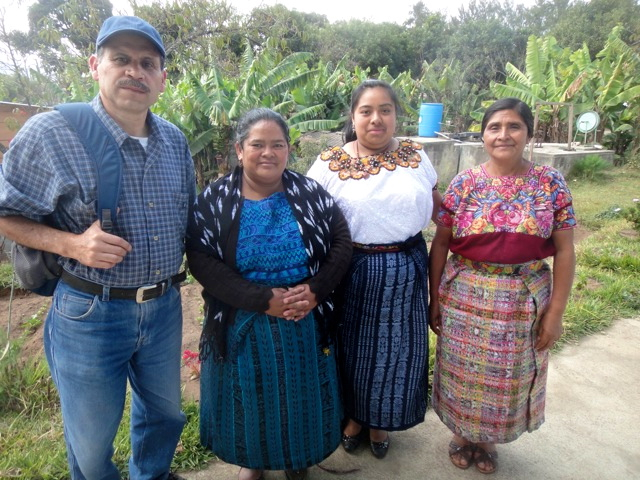
Plenty also offers technical and material inputs to help Mayan community organizations ADIBE and FEDEPMA in Solola, and the women’s associations Grupo de Soya Santa Maria (GSSM) and Unidas Para Vivir Mejor (UPAVIM) in Guatemala City, to improve their processing and sales of fresh soy products and other high nutrient, low cost foods in their communities. Funding partners: Plenty donors.

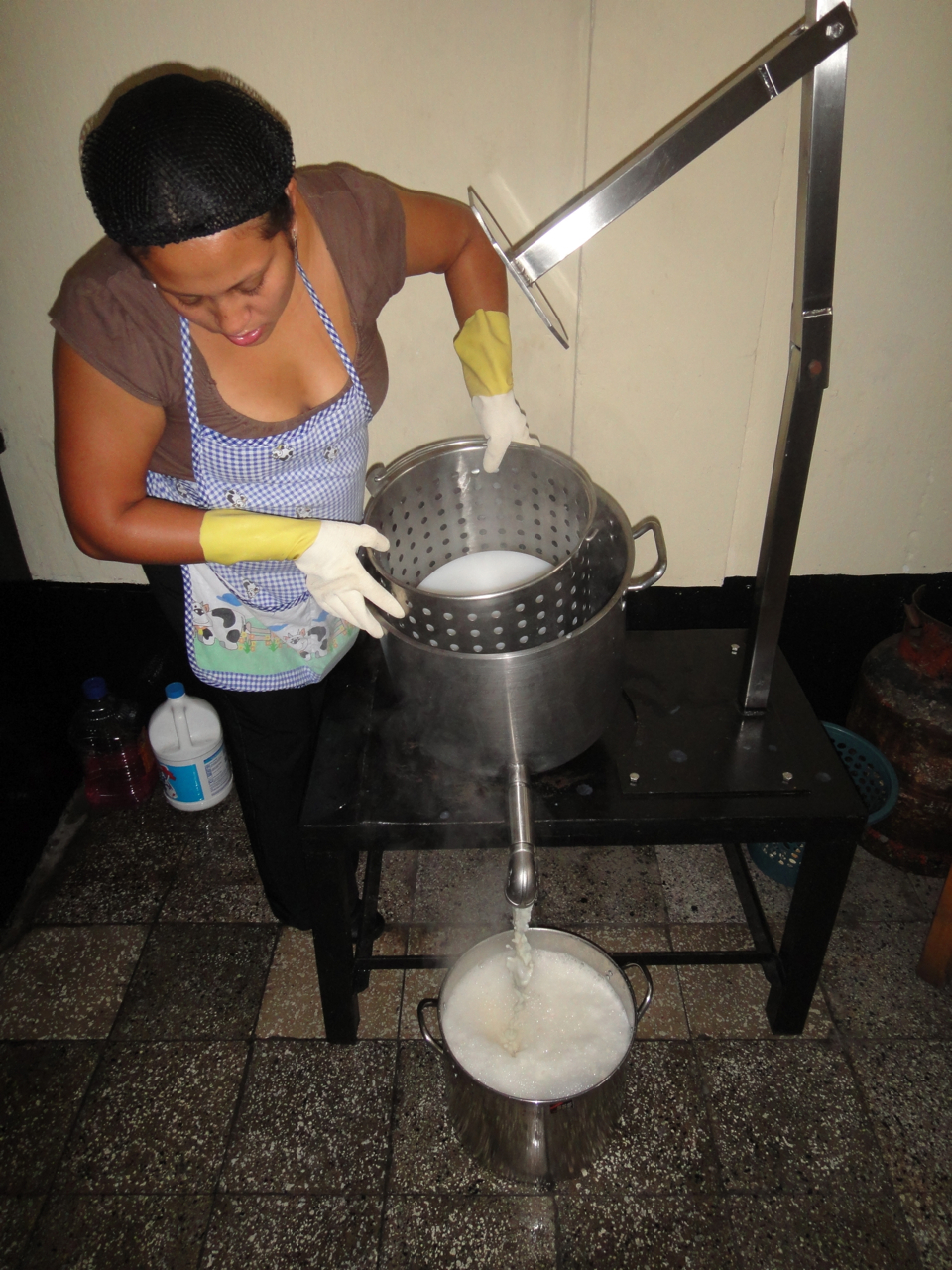
El Salvador Programs & Partners
Past Projects
Plenty began working with the non-profit organization El Cuenco, the Programa de Soya San Ramon (PSSR), and the University of El Salvador (UES) Schools of Medicine and Agronomy in May 2011, in response to requests for assistance to establish non-gmo soybean production.
With the UES School of Medicine and El Cuenco, Plenty helps families living in severe poverty (an income level of $50-$100/month for a family of 5-6 people) to address undernourishment and employment needs by establishing production and use of foods rich in vitamin A, beta carotene, iron and folic acid, such as moringa, chaya, chipilin and papaya, and the growing, processing and sales of red beans and protein rich non-gmo soybeans. Funding partners: Plenty donors, Trull Foundation, El Cuenco, UES.
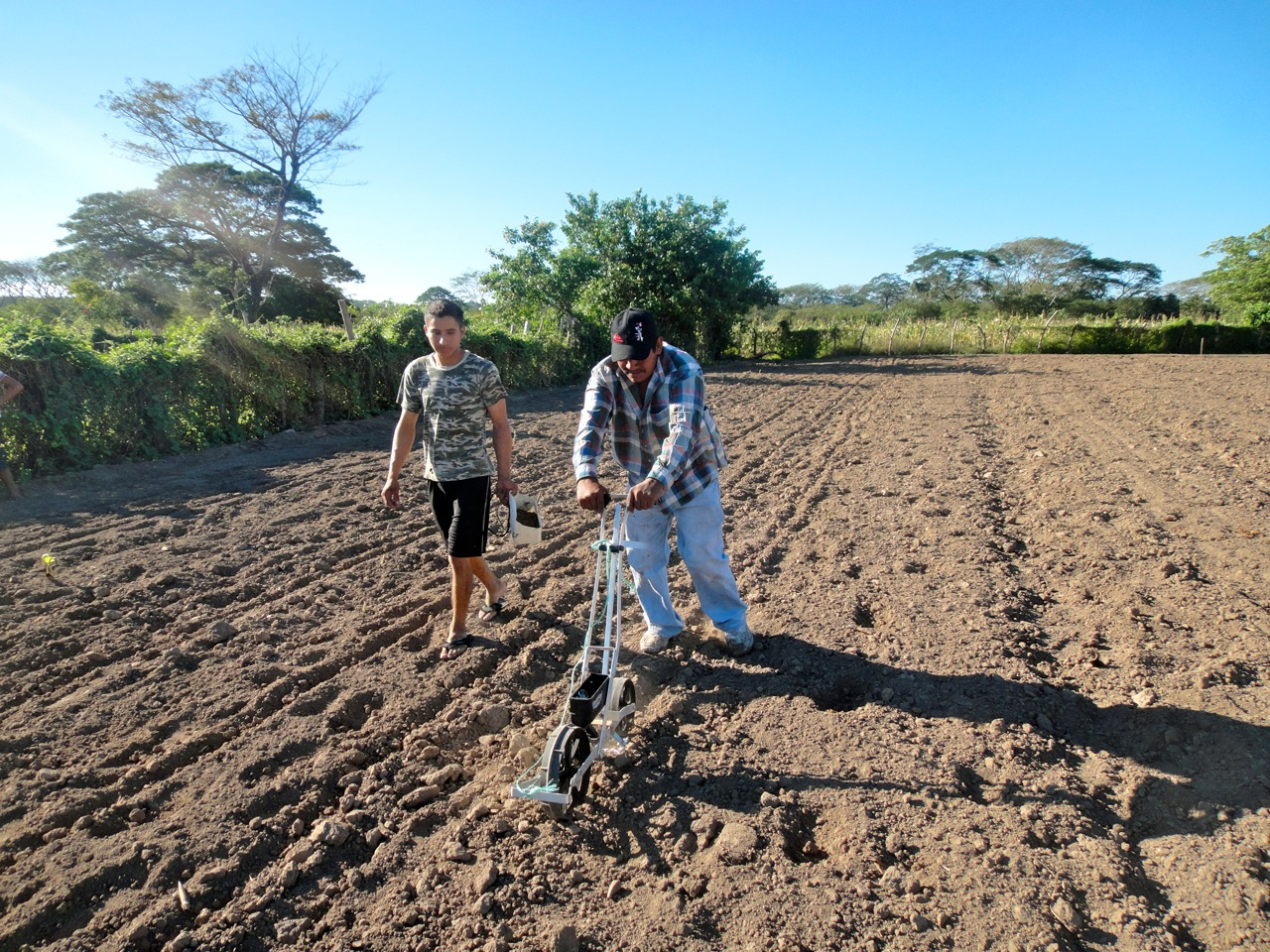

Plenty and El Cuenco purchased filtering tools and provided training on their use to help 65 families eliminate bacteria, coliform, and reduce lead in their water. Professors and students from the UES School of Medicine conduct primary health care, nutrition, and related environmental education activities twice a month to help adults and children understand and address undernourishment and water contamination problems. Funding partners: UES, Plenty donors, El Cuenco, Trull Foundation.
Plenty assists the women of Programa de Soya San Ramon (PSSR) and the Comite de Mujeres San Carlos (San Carlos Women’s Committee) with technical and material support to improve the processing and distribution of fresh soy milk and fortified bakery and corn-based foods within their communities. Funding partners: Plenty donors, El Cuenco, Trull Foundation.


Plenty partners with UES professors and students to help families living in severe poverty improve their health, food security, and employment opportunities. With UES School of Agronomy, non-gmo soybean variety trials are taking place to make seeds available to farming families.





































